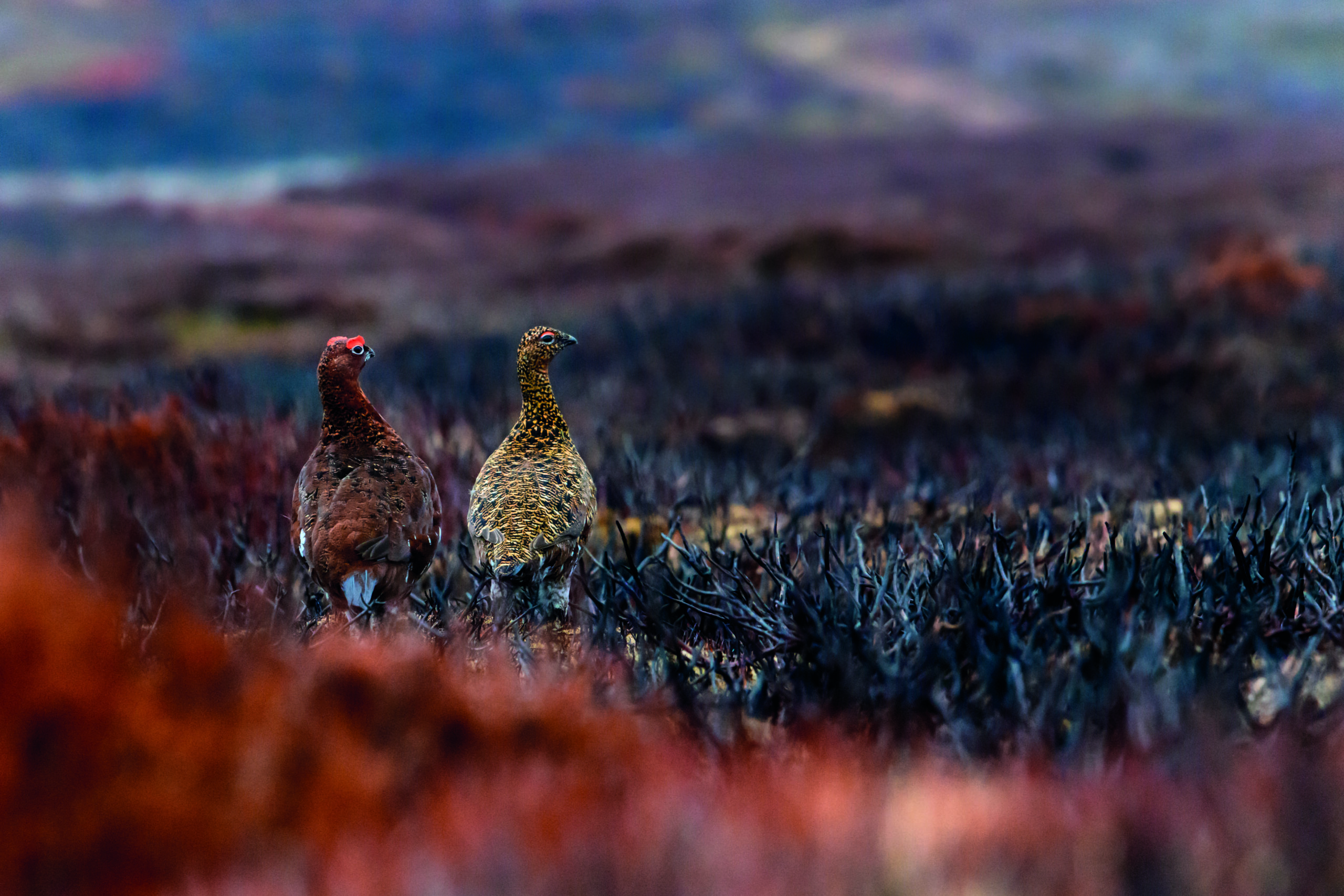Muirburn bill: parliament simply has not listened
Despite extensive lobbying by BASC and others, Scotland passes the muirburn bill, which will have ‘ruinous’ impact on the rural economy.

BASC has warned the Wildlife and Muirburn (Scotland) Bill will have a “ruinous impact” on rural life. The Bill has now passed through parliament and, if it receives royal assent, it will ban the practice of snaring in Scotland, give greater powers to inspectors to tackle wildlife crime, strictly regulate the use of muirburn, and introduce a new licensing framework for grouse moors.
The Scottish government claims that “Scotland’s wildlife will benefit from increased protection” if the Bill becomes law. However, countryside organisations such as BASC have warned of the ruinous impact it will inflict on the country’s biodiversity and rural economy. During the progress of the Bill through parliament, the government made some minor concessions to rural lobbying groups, such as the removal of disproportionate grouse moor licence suspension powers (News, 6 March).
Previously, the bill stated that an accusation of wrongdoing could be sufficient cause for NatureScot to suspend a grouse moor licence. This power has now been removed, with the inclusion of a more robust appeal process for modification, suspension and revocation of licences.
However, despite these amendments, rural organisations still claim that the Bill is unworkable for gamekeepers and land managers.
BASC wrote to the Minister for Agriculture and Connectivity, Jim Fairlie, prior to the final vote, urging him to make further amendments to the Bill that reflected the needs of the sector. But the request for changes was largely ignored.
BASC Scotland director Peter Clark said: “We believe the final draft still poses a risk to sustainable grouse moor management, predator control and muirburn and will be ruinous to the rural economy and the species that gamekeepers work to protect.”
Former chairman of the National Gamekeepers’ Organisation Lindsay Waddell told Shooting Times: “It would appear that despite the not inconsiderable contribution the sporting economy makes to the public purse in Scotland, the Scottish government is determined to make sporting management as difficult as possible. They simply have not listened to the practitioners and there is simply no scientific basis for what is on the statute book.
“The long-term losers will be all those who rely on that economy for their livelihoods, and the majority of the wildlife that depend on maintaining a balance in the countryside, especially the raptors that rely on the food chain provided by sporting activities.”








